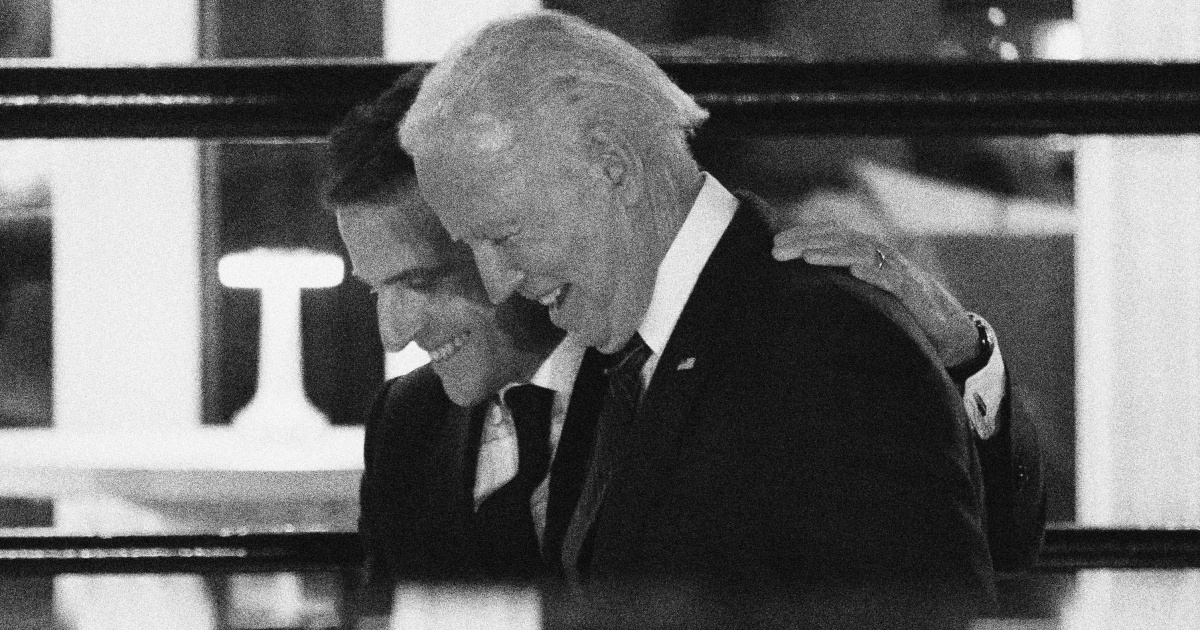PARIS — The White House is rolling out the red carpet for French President Emmanuel Macron — again. The French leader is the rare recipient of two state receptions within four years under two successive presidents.
An Élysée Palace official briefing the press ahead of the trip was not subtle in pointing to the divide between the two countries.
Thursday’s dinner — the first of President Joe Biden’s administration — is a tribute to the visitor’s unique role as leader of Europe after the departure of German Chancellor Angela Merkel as well as a tribute to France’s historic position as America’s oldest ally. But it’s also a sign that a desperate effort is underway to bring back into alignment a relationship that has gone seriously off the rails in the past and threatens to do so again. France and the United States need each other to deal with Russia, China and global inflation, but recently the U.S. has alienated Macron with its economic decisions.
In his two days of talks with President Joe Biden in D.C., Macron will be making a valiant effort to salvage his own fortunes and that of Europe, which he hopes to continue serving as its unofficial leader despite losing control of his own parliament in June. Top of the agenda will be the U.S.’s Inflation Reduction Act, whose subsidies benefiting American companies, especially electronic car makers, have become a major thorn in the side of France and much of Europe.
That thorn is made even more pointed by the bitterness that still overhangs the U.S.-France relationship following a dispute last year over a lucrative defense contract. In September 2021, the U.S. snatched from France the sale of $66 billion worth of submarines to Australia in an effort to restore American dominance in containing Chinese expansion.
The discord with Macron started earlier, however. Though Macron was also honored with the first state dinner of Donald Trump’s presidency, the relationship between the two leaders devolved into tension that both Macron and Biden now are hoping to reverse. But even though Biden offers a dramatically different world view, it will be a steep hill to climb.
An Élysée Palace official briefing the press ahead of the trip was not subtle in pointing to the divide between the two countries. “This legislation has a direct impact on our industries,” he said Friday of the Inflation Reduction Act. The official, who spoke to the media on condition of anonymity, said that Europe wanted to avoid “the capture of [our] markets by the Americans to the detriment of the Europeans.”
Macron will also be visiting with congressional leaders from both parties in a further effort to impress on Washington the dangers of a potential trade war. Without any give by the American side, Macron is prepared to lead Europe into a Buy European Act that could herald the launch of an outright trade battle. If his meetings in Washington don’t produce results, many Europeans would likely say “bring it on” to threats from the American side of a tit-for-tat tariff war.
But there could be off ramps. “We do not imagine that Congress, moreover, with a House of Representatives with a Republican majority, could fundamentally revise the IRA,” the Élysée official observed. “We can imagine that the American administration [can] grant exemptions, for a certain number of European industries, perhaps on the model of what it already grants for Mexico or for Canada.”
And then there’s China. Macron, and Europe more broadly, hope China can develop into more of a partner than a competitor, particularly with respect to trade. “What we are saying to the United States is that, deep down, we understand their concern to stay at the top of world leadership and to ensure that in their relations with China they maintain the advantage,” the Élysée official said, offering a foretaste of Macron’s argument to Biden. “What we also tell them is that we Europeans cannot develop exactly the same policy simply because we are in Europe, not in America. Basically, we want China to deal with Europe as a full partner.”
The Biden-Macron meetings start with a firmer foundation on perhaps the leading international challenge today: Russia and its war in Ukraine, where both parties are committed to seeing the conflict through to the end. Still, there is a feeling in some circles that Europe is being forced to carry a heavier load in satisfying Ukraine’s needs.
Paris believes that Europe “provides most of the effort in terms of sanctions against Russia,” as the senior official told journalists last week. It’s a heavy burden for European voters that France would like to see shared a bit more equitably despite the far larger quantity of military aid provided by the U.S. Especially when a GOP-controlled Congress continuing to give such substantial aid to Ukraine.
But above all, Macron is simply looking for some respect — or as the senior Élysée official put it, “Sovereignty. That is to say, the means of deciding for ourselves and therefore to be fully relevant.” Such a recognition has been all too absent in recent years from the trans-Atlantic relationship. If Biden will not, or cannot, find a way of providing some concrete evidence of that, then both sides may suffer.


